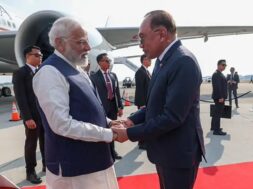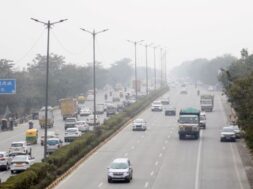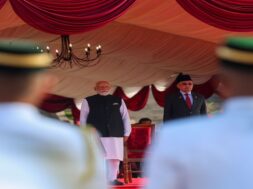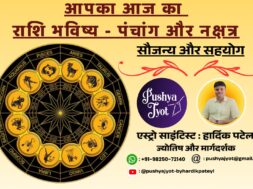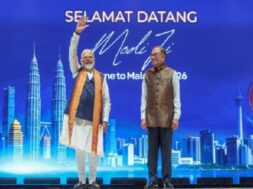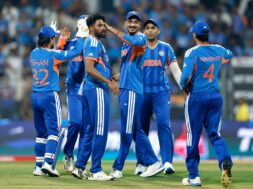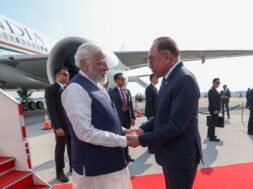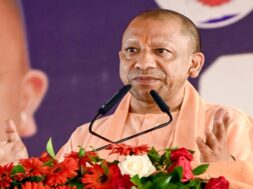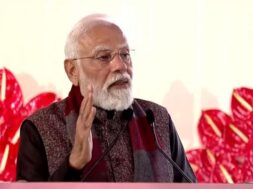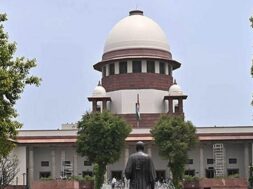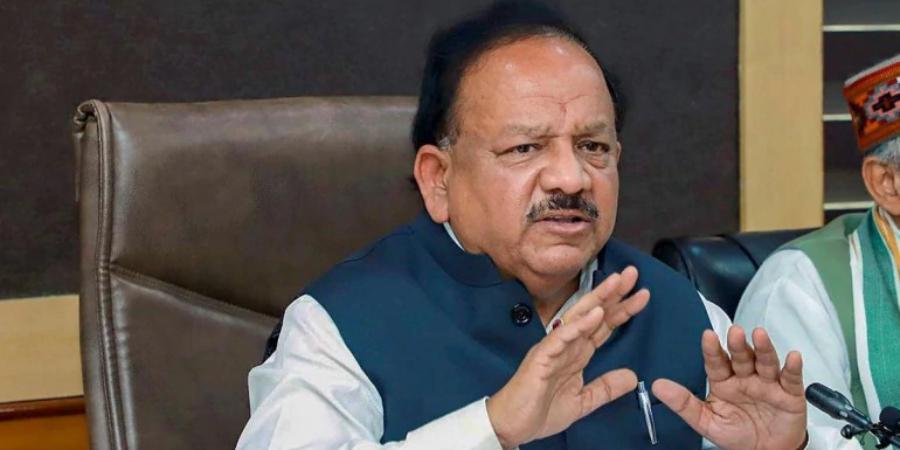
Government Ask People to Shed Apprehension about Vaccines as Italy Set to Resume AstraZeneca Vaccine
Manas Dasgupta
NEW DELHI, Mar 19: As Italy decided to return to the fold of users of the AstraZeneca vaccine after a brief halt over health concerns, the government of India asked the people not to have any misconception about the two vaccines approved by the drugs regulator and avail the vaccination facility to prevent getting infected by Coronavirus.
Even while stating that hundred per cent vaccination of the entire population was never required in any universal vaccination practices, the union health minister Harsh Vardhan asserted that taking vaccines was the best way to get rid of vaccine-preventable diseases. “We got victory over polio and chicken pox due to the vaccination,” he said.
Italy, which had with several other European countries had announced suspension of the AstraZeneca-Oxford University vaccine following some complaints of blood clotting due to the vaccine, announced resumption of vaccination programme from Friday after the European Union’s drugs regulator declared them safe, Prime Minister Mario Draghi said. Italy had suspended the use of the jab on Monday.
“The administration of the AstraZeneca vaccine will resume tomorrow. The government’s priority remains to carry out as many vaccinations as possible in the shortest possible time,” Draghi said in a statement.
Apprehension about the vaccines cleared by the Drugs Controller General of India (DCGI) had also started spreading in India since “Covishield” being manufactured by the Pune-based Serum Institute of India (SII) was the Indian version of the AstraZeneca vaccine, while “Covaxin” developed by Hyderabad-based Bharat Biotech has just crossed the infancy of the trial stage.
A question was asked in Parliament by some opposition members about the growing scare among the people over the safety of the two vaccines to which the health minister advised the people not to be apprehensive about it.
“There should not be any misconception regarding the COVID-19 vaccines and the people should avail the facilities given by the government and get themselves vaccinated,” he said. He also pointed out that a vaccine gets the approval nod only after very detail and thorough checks. “There are detailed pre-clinical and clinical trials, which get thoroughly studied by the experts before a vaccine gets the nod, the minister said, adding that there was a well-defined group of experts called the National Expert Group on Vaccine Administration (NEGVAC). “What you are seeing today is the hard work of the people in the ministry and this group, which was set up by the prime minister in August.
“Since then, they have been working closely regarding all scientific developments related to this,” he said.
The minister also pointed out that the Subject Expert Committee has cleared the two Indian vaccines (Covishield and Covaxin) after examining data provided by these companies. Data provided by two Indian companies was also examined by the World Health Organisation, he added.
The health minister also said the Covid-19 vaccination drive will be extended in the coming days. India has vaccinated 3.5 to 4 crore people so far and side effects of the vaccines has been recorded at 0.000432 per cent.
“Every vaccine doesn’t require universal immunisation and all these priority groups whom we are vaccinating today like healthcare staff first and then senior citizens and people aged between 45 and 59 years, it will be extended in the coming days – all these are based on experts’ opinion.
“Not only Indian experts, but we have also consulted WHO guidelines regarding priority groups,” he said.
To a question whether the government was aiming at universal immunisation of Covid-19 vaccine, Vardhan said it was not scientifically necessary to administer the vaccine to each and every person in the country. “Not each and every person in the world will be vaccinated. The prioritisation process is a dynamic process.
“The behaviour of the virus is also dynamic. All things are based on scientific facts, scrutiny and vision of the overall scientific and health community,” he said.
The minister said under India’s present universal immunization programme, free vaccines are provided against 12 vaccine-preventable diseases, including Diphtheria, Pertussis, Tetanus, Polio, Measles, Rubella, severe form of Childhood Tuberculosis, Hepatitis B and Meningitis, among others.
Vardhan also informed Parliament that India would soon launch several more COVID-19 vaccines following their pre-trials and clinical trials phases.
“There is no single standard method to manufacture vaccines…Indian vaccines fulfill safety, efficacy, and immunological parameters,” he said.
Worldwide, despite the suspension of the AstraZeneca shot in more than a dozen countries, more than 400 million doses of vaccines have been given around the world as of Thursday.
According to official data available, the vaccination drive all over the world was picking up with the last 100 million people vaccinated got their jabs in 11 days — six times faster than it took to give the first 100 million. By Thursday at least 402.3 million doses had been administered in more than 158 countries around the world.
While rich countries have fared best, vaccination in the poorer countries is, at last, starting under the free Covax programme, the data revealed.
Israel is still leading the race by far, with nearly three out of five of its population having received at least one dose. Around half of Israelis have received a second dose.
The United Kingdom (38 percent), the United Arab Emirates (between 35 and 70 percent), Chile (28 percent), the United States (22 percent), Bahrain (22 percent) and Serbia (16 percent by March 12) are also doing well.
In terms of pure numbers, the US is way ahead with 113 million jabs given before China with 65 million (as of March 14), India (39 million) and the UK with 27.6 million.
European Union countries have given 54.4 million doses to 8.5 percent of the bloc’s population.
Meanwhile, the Indian drug maker has signed a partnership deal to produce 200 million doses of two-dose jab Sputnik V vaccine. The developer of Russia’s Sputnik V coronavirus vaccine said Friday it had signed a partnership with Stelis Biopharma “to produce and supply a minimum of 200 million doses of the Russian Sputnik V vaccine”.
Stelis Biopharma is expected to be able to start supplying the vaccine from the second half of the year.
